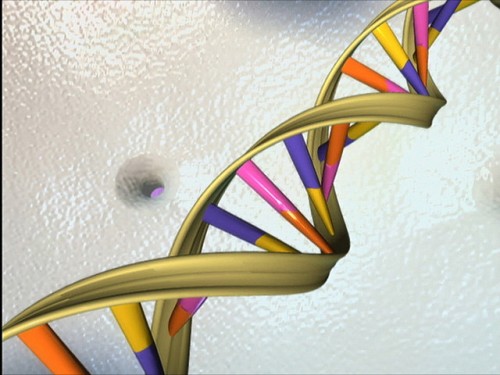
Even as the cry against genetically engineered food crops remains loud and clear, the next step in molecular biology research is on way to use gene drives and gene editing on humans. The immediate result could be beneficial as the study led by University of Pennsylvania aims to develop superior immune cells that can destroy tumours. But in the long run, this could be the first step towards designer babies and crafting of a superior race, warn critics.
The study approved by a US federal panel will use the CRISPR-Cas 9 gene editing tool to cut, copy and paste selected DNA fragments on patients’ T cells (white blood cells that fight invaders). The engineered cells are expected to be better at the game than their natural versions.
In UK, Crispr editing of human embryos was approved early this year, with the objective of addressing and removing diseases/risks at the embryo stage.
Chinese researchers have already progressed in using the technique to create fungus resistant wheat, muscular dogs and lean pigs, according to media UK reports. They have been experimenting on discarded human embryos for some time now.
While the potential of gene drives to combat and eradicate insect-borne diseases like malaria is welcome, what needs to be remembered is that these engineered “super” organisms can spread rapidly, and lead to unpredictable environmental disasters. Once edited, the change is permanent and irreversible. The modified (or mutated) gene will jump from one chromosome to another within the same individual so that eventually all of the sperm or eggs of the animal carries the GM trait, not just half. The whole generation of species will be changed much faster, in fact exponentially faster than by natural evolution.
It is also known that a gene is responsible for more than one trait. Doing away with one, or altering it for one trait, could have dangerous impact on other aspects.
Eradicating pests by using the tool could also have unintended results, given the close links in nature. Mutated organisms could be also used as a terrorist bio-weapon to spread lethal toxins within a population. Accidental releases of engineered organisms from labs can unleash disasters.
It is in this context that eminent scientists from Harvard and Yale have been calling for caution in using the gene editing tool. Recently, yet another panel convened by the US National Academies of Sciences, Engineering, and Medicine noted that ‘gene drives’ pose complex ecological risks that are not yet fully understood. They advocate multiple phases of testing besides strict regulations on use of the technology and best practices which must be shared globally.
Finally, it all again comes down to: have technology, will use it! Without thinking of the long-term ramifications of such powerful techniques, if we jump into it gleefully and allow for easy accessibility of the same to all, it will not take much time before clinics will sprout advertising ‘Be mom to Superman. Drop in and get your eggs tailored.”
The Superman, or Supermen, may be born. But more likely the world they inherit will be a sterile one, with not many species, except an altered human one. Each trying to outwit the other, thanks to their superior genes. Can you see any joy in such a world? Where everything is perfect, humans run like machines, and no trials whatsoever? Makes one realize why sorrows and imperfections are needed to appreciate happiness.